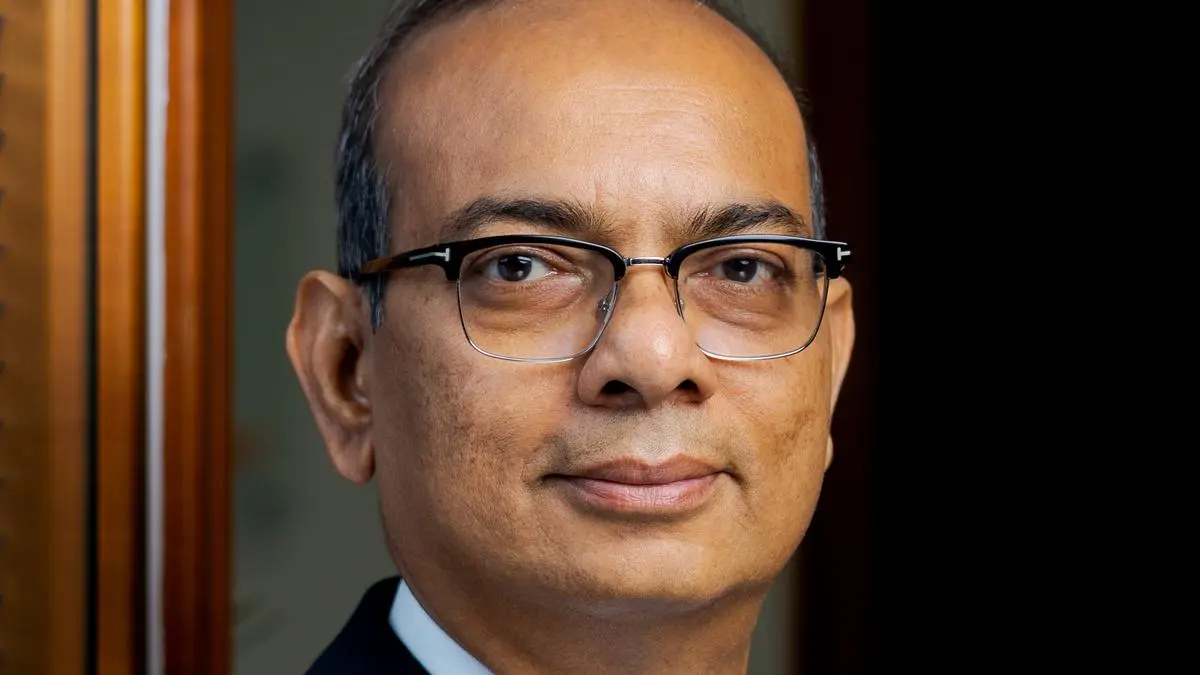Grimes Slams Social Media as 'Poison' – Is She Right About Its Impact on Our Lives?

Grimes, the Canadian musician and former partner of Elon Musk, has sparked a major conversation online after declaring social media a “poison” and a “prison.” In a recent interview and subsequent posts, she detailed her extended absence from platforms like Instagram and X (formerly Twitter), citing the detrimental effects it had on her mental wellbeing.
“OK, I’ve basically been entirely off social media for like, a long time,” Grimes stated, explaining her decision to significantly reduce her online presence. This isn't a sudden move; she’s been gradually distancing herself for some time, initially taking a break in 2022. Her reasoning is compelling: she believes the curated, often superficial nature of social media fosters a culture of comparison and negativity.
Grimes isn’t alone in her concerns. Numerous studies have linked excessive social media use to increased anxiety, depression, and body image issues. The constant bombardment of carefully constructed images and narratives can lead to feelings of inadequacy and a distorted perception of reality. The pressure to maintain a perfect online persona can be exhausting and ultimately detrimental to genuine connection.
Her comments have resonated with many, particularly those who have also struggled with the pressures of maintaining an online presence. The rise of influencers and the emphasis on likes and followers have created a landscape where authenticity often takes a backseat to popularity. Grimes’s perspective highlights the importance of prioritizing mental health and disconnecting from the digital world when necessary.
Beyond the personal impact, Grimes also raised concerns about the potential for AI to further exacerbate these issues. She suggested that the increasing prevalence of AI-generated content could blur the lines between reality and fiction, making it even harder to discern what is genuine. This is a timely observation, as AI technology continues to advance at a rapid pace.
So, is Grimes right? While social media undoubtedly offers benefits – connecting people across geographical boundaries, providing platforms for creative expression, and facilitating access to information – her perspective serves as a vital reminder of its potential pitfalls. The key, perhaps, lies in mindful usage, setting boundaries, and prioritizing real-life connections over online validation.
Grimes’s decision to step away from social media, and her willingness to share her experiences, encourages a broader conversation about the impact of technology on our lives and the importance of protecting our mental wellbeing in an increasingly digital world. Her words are a powerful call to re-evaluate our relationship with social media and to prioritize authenticity over artificial online perfection.





